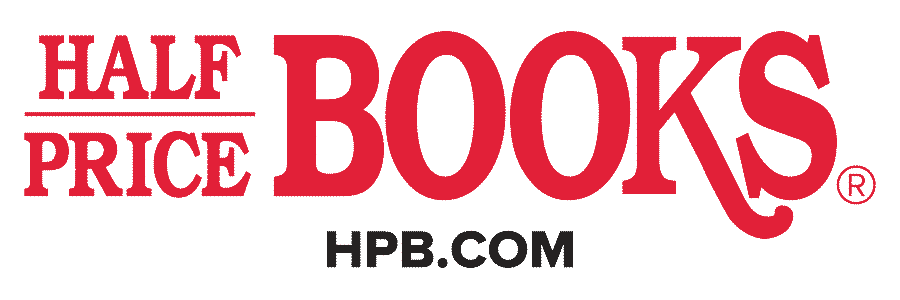Overview
The proposed book will represent the most up-to-date information on one of the most contemporary and controversial topics in psychology: individual differences and human exceptionality - the measurement and assessment of emotional intelligence (EI). Since the original work of Mayer and Salovey some 15 years ago - and the popular book published by Daniel Goleman in 1995 - theories, research, and measures of EI have proliferated. Furthermore, the relevance and applications of EI to education, business and the workplace, psychology in general, and in such specific areas as health and wellness, have come under serious debate in both academic and applied psychology. This is most evident in the area of measurement and assessment of EI as it is these measures that both not only reflect the construct validity of EI but also their use.
Since the first EI measures were developed during the early 1990s, there has been considerable debate about how to measure emotional intelligence most effectively. From this debate, two camps have emerged. These two camps consist of researchers, theorists, and practitioners who use or adopt either the self-report method or the ability-based method to assess emotional intelligence. Both camps are engaged in substantial research and make serious claims for their type of test to be the most valid with respect to the EI construct and its assessment. There are supporters and detractors for both camps. Although this active debate is being conducted in the journal literature, it does raise a further issue and that is how psychologists and others who use EI measures understand these arguments regarding EI measurement and assessment. This is the very reason the current book proposal is both of relevance and interest. This book will present new research on the self-report and ability-based approaches to measuring emotional intelligence that will focus on the EI construct, its measurement and interpretation.
Following the original publication of the MSCEIT and Bar-On scales, both of which have undergone revisions, other newer scales have also been developed that are grounded in empirical evidence. This book will focus on tests that have been extensively studied and researched and even some new tests that have been subjected to at least some validity testing - that is, show some form of validity (e.g., internal, test-retest) or demonstrate some form of validity (e.g., face, discriminant or external). Some of these new tests have been used in different countries or in specific applications such as in sports psychology. The area of test development is emerging quickly and there is a lot of confusion, particularly for practitioners and people who want EI to be implemented in certain environments. A book that canvasses the existing tests, presents information on how they were developed, their psychometric properties, how they can be applied, and so forth, will be very well received and popular given the size of the EI market worldwide now. As mentioned, these measures not only reflect the current theoretical models describing EI, but become the very tools that are used to validate the construct. At the same time, practitioners are raising questions about the variations in EI scales and the resulting different factors, which, in turn, influence how this information will be presented to and used by consumers (e.g., individuals, corporations, research programs).
- Format: Hardcover
- Author: Stough, Con
- ISBN: 9780387883694
- Condition: Used
- Dimensions: 9.21 x 0.88
- Number Of Pages: 364
- Publication Year: 2009

